August 14, 2025 | 17:00 GMT +7
August 14, 2025 | 17:00 GMT +7
Hotline: 0913.378.918
August 14, 2025 | 17:00 GMT +7
Hotline: 0913.378.918
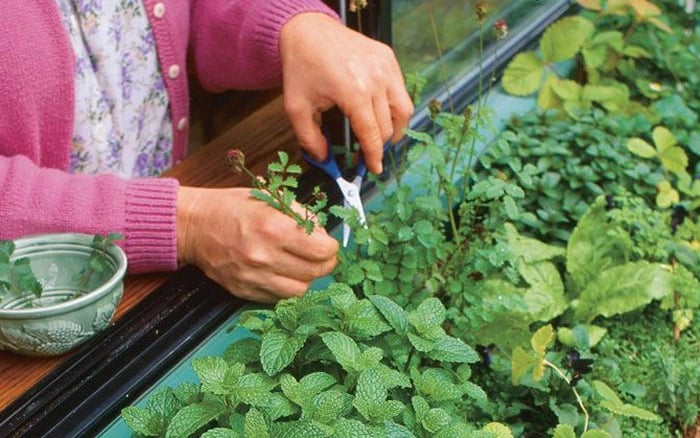
Vietnamese spice exporters will benefit from the new decision from the EC.
Regulation (EU) 2023/174, which was issued on 26 January 2023, amends Regulation (EU) 2019/1793 on the temporary increase of official controls and emergency measures governing the entry into the Union of certain goods. Accordingly, products originating from Vietnam specifically spices that were subjected to a 50% control rate as per the previous notice such as coriander, basil, mint, and parsley have been removed from the control list. Chili is the only product left in the EU's border gate control list with a 50% inspection frequency at the moment.
Many types of vegetables and spices have been removed from the list of food safety control, however, okra produced in Vietnam has been moved from Appendix I to Appendix II, with an additional requirement for a plant protection drug control certificate issued by the Vietnamese side. The frequency of pesticide inspection for okra at the EU border gates is also regulated at 50%. Two other key export products of Vietnam to the EU, dragon fruit and instant noodles, are still included in Appendix II, with the requirement for a pesticide certification from the Vietnamese side and the inspection frequency at the EU border gates of 20%.
Every 6 months, the European Parliament and the European Council (EC) hold a meeting to review and assess the level of violations on food and feed safety of countries that have products exported to the EU. The EU will then announce the changes in its regulation on control measures. In the latest announcement on June 13, 2022, the EU has removed Vietnamese products such as rice noodles, glass noodles, and pho from the list of regulations requiring additional food safety certificates (according to Appendix II). The new regulations, according to EU practice, will come into force on the 20th day from the date of publication.
Acting as the focal point in Vietnam for the implementation of transparency obligations as required by the Agreement on the Application of Sanitary and Phytosanitary Measures (SPS Agreement) from the World Trade Organization (WTO), the Vietnam SPS Office recommends agencies and units carry out thorough review and inspection to meet the requirements of the EU. On the basis of close coordination between the parties, Vietnam SPS Office will proceed to propose the EU consider mitigating or removing control measures in an appropriate manner to lessen difficulties for Vietnamese businesses.
According to the Vietnam Trade Office in Belgium, on January 23, 2023, the EU published a notice of Regulation (EU) 2023/147 dated January 20, 2023, on amending annexes II, III and V of Regulation (EU) 396/ 2005 concerning the thresholds for residues of cyromazine (pesticide), topramezone (herbicide) and triflumizole (fungicide) in or on certain products. Accordingly, the residue threshold for cyromazine on fresh/frozen fruits and nuts is 0.01 mg/kg; on fresh/frozen vegetables is 0.01 mg/kg; on oilseeds and oleaginous fruits are 0.01 mg/kg; on cereals is 0.02 mg/kg; on tea, coffee, herbal tea and cocoa are 0.1 mg/kg; on animal products are from 0.01-0.05 mg/kg.
Translated by Samuel Pham
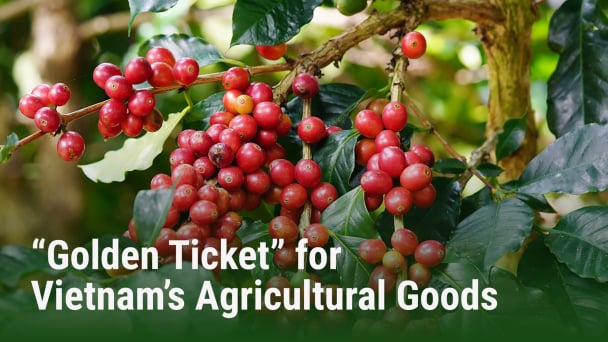
(VAN) Although Vietnamese agricultural products have grown strongly in recent years, they still account for only 2% of the market share in the EU.
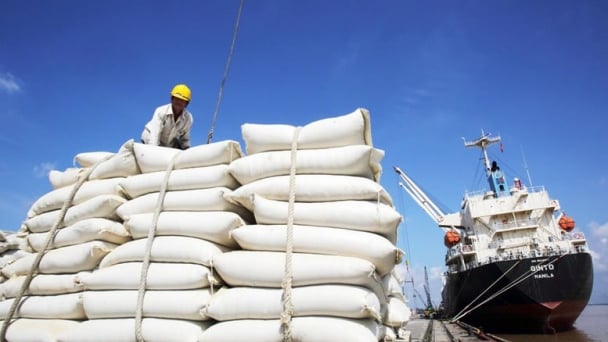
(VAN) To streamline trade, the Ministry of Agriculture and Environment will collaborate with other ministries to develop a new legal framework that minimizes administrative procedures for exporting AFF products.
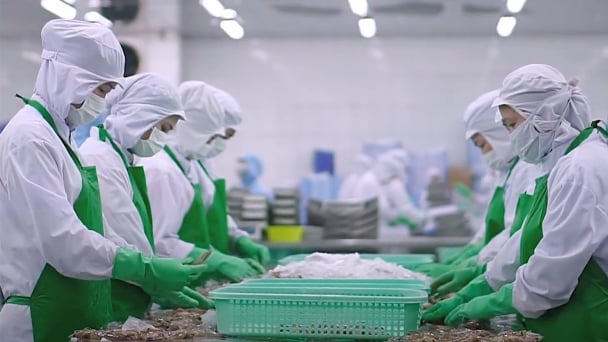
(VAN) Reciprocal tariffs will pose major challenges for seafood exports at the end of this year. The sector needs raw material bottlenecks removed to boost exports.
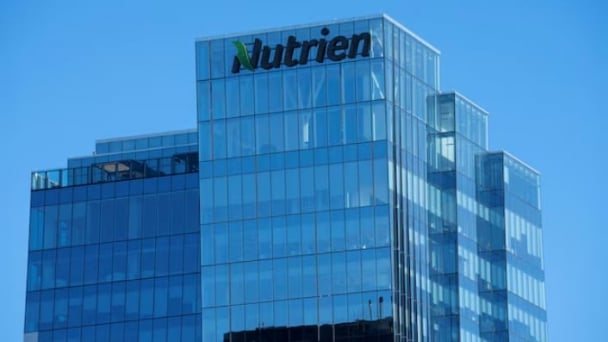
(VAN) World's top potash producer, expects increased fertilizer use by North American farmers this autumn and a healthy global potash market in 2026 despite some crop prices being at multi-year lows, company executives said.

(VAN) To boost agricultural exports in the final months of the year, representatives from several associations say it is crucial to step up trade promotion and address value-added tax (VAT) complications.
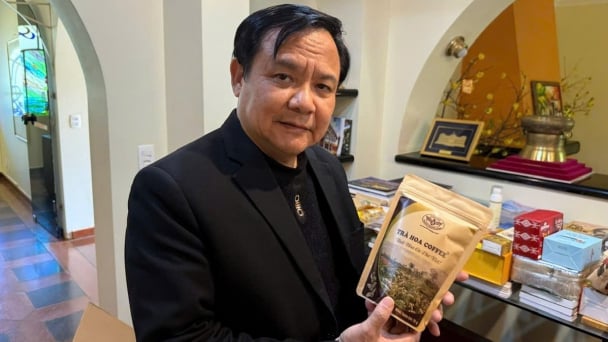
(VAN) From his love for the Central Highlands, entrepreneur Le Van Vuong turned his idea into reality, creating coffee flower tea – a unique beverage that brings the Vietnamese brand to the world.
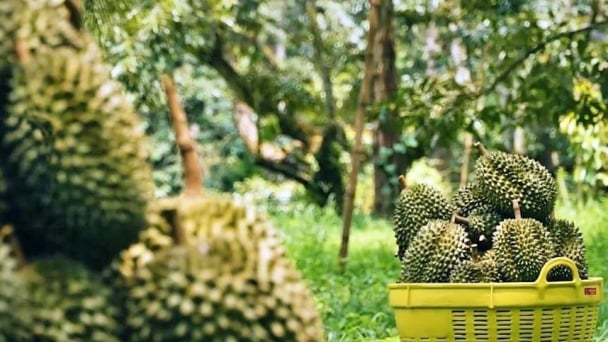
(VAN) China is advancing technology to grow durian, exploit bauxite and digitize traditional crafts, realizing the dream of mastering industries once thought to exist only in tropical regions.